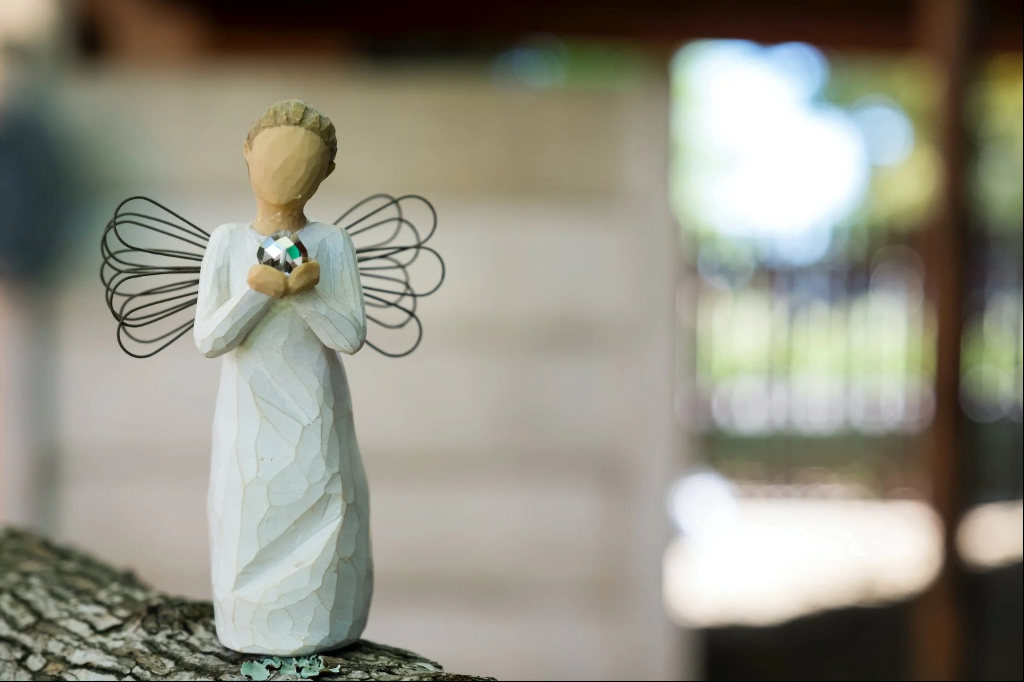Christmas Donations

Christmas Donations Christmas donations are the most important time for any charity, this is when family comes together and helps make other people’s lives better. If you are able, the […]
25th December
Welcome to the new Trigeminal Neuralgia Association website, I hope that you will find it more interactive and easier to use. As we approach the festive season, reflecting back […]
Supporting Trigeminal Neuralgia

Supporting Someone with Trigeminal Neuralgia (TN) Trigeminal neuralgia can have a profound effect on not only the individual suffering but also on close friends and family. Trigeminal Neuralgia is unpredictable […]




